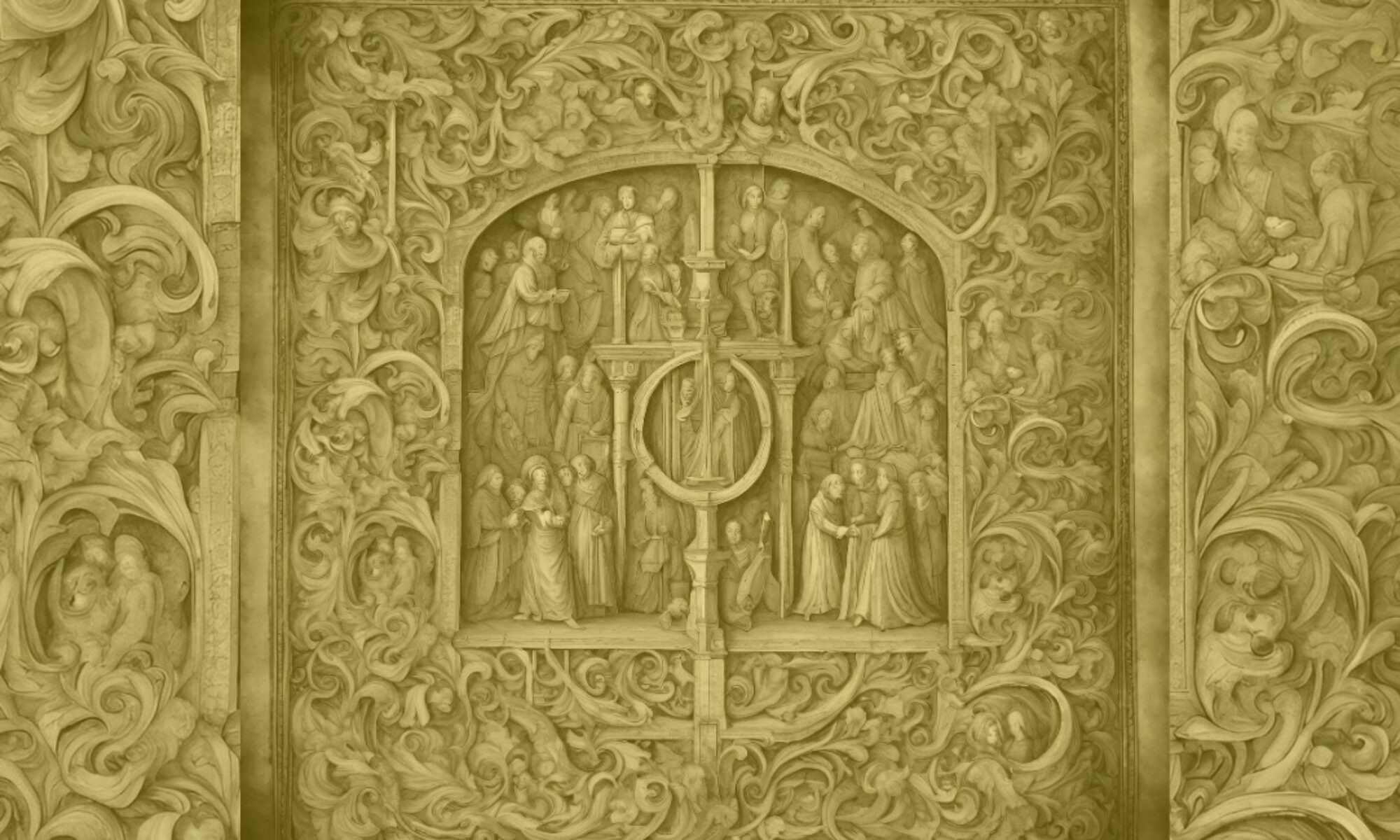Jennie’s presentation is called, “Hosting Radical Other-ness: Hestian Consciousness and Non-Binary Gender”

Gender is breaking out of the two-sided paradigm we tend to imagine as more people identify with non-binary or gender fluid expressions, challenging the myth depth psychology uses to imagine gender and the psyche. Jung situated psyche in a binary model of gender, and post-Jungians worked to loosen the cultural biases about that bisexual gendered understanding but left it in place as a binary model. As we grapple with how best to discuss gender, counsel and support non-binary and gender-fluid persons, and even understand gender in relation to psyche itself, we need a myth, a style of consciousness, in which to ground ourselves so we can begin to welcome all possibilities toward healing the wounds of gender. Hestia, the goddess who hosts, listens, and welcomes all is ideally suited for conversations about our first and most enduring home, the body, and its primary resident, the psyche. This paper advocates for Hestian consciousness in conversations and interactions about, and with, non-binary, gender-fluid persons as well as binary gendered concepts pertaining to the therapeutic relationship and the psyche itself.
About Jennie
Jennie Wiley holds an MLIS from the University of Pittsburgh and an MA from Pacifica Graduate Institute. She is currently studying in the Jungian and Archetypal Studies PhD Program at Pacifica Graduate Institute.



